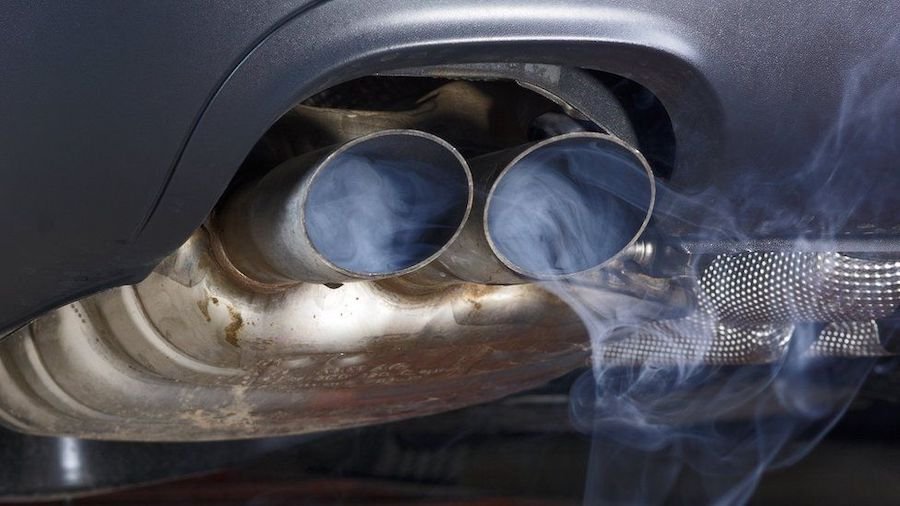ICE cars may continue in EU after 2035 with e-fuels exemption

Germany has reached a deal with the European Union to allow the continued sale of new ICE cars in the bloc from 2035 as long as they're running on e-fuels.
Sales of new ICE cars were set to be totally banned from 2035 through legislation enforcing a 100% reduction in CO2 emissions from all new vehicles sold. Only low-volume manufacturers (registering fewer than 1000 vehicles per year) were to be exempt.
The final vote on the law – previously expected to be a formality – was postponed after German and Italian diplomats raised objections to the legislated shift to electric cars, demanding an exemption for e-fuels.
E-fuels are made from CO2 captured from the atmosphere and hydrogen so are claimed to be carbon-neutral by their backers.
The support of German diplomats secured by the promised integration of e-fuels means the final vote on the legislation is now expected to pass.
German transport minister Volker Wissing said on Twitter: “Vehicles with combustion engines can also be newly registered after 2035 if they only use CO2-neutral fuels.”
This is despite further objections from Italy, which is reportedly seeking additional guarantees for the use of biofuels (made from biomass, such as wood waste). However, it doesn't alone form a large enough barrier to block the legislation.
The integration of e-fuels into the EU’s plan to reduce emissions from transport is likely to be welcomed by manufacturers such as Ferrari, Lamborghini and Porsche, famed for their combustion engines.
Porsche in particular has been a key driver behind the technology in recent years, having invested $75 million (£61.2m) in Chilean firm Highly Innovative Fuels (HIF).
HIF began operating the Haru Oni plant in Chile in December 2022, producing 130,000 litres of e-methanol for Porsche’s Mobil 1 Supercup race series.
However, Porsche currently has no plans to sell the fuel to motorists, reserving it for ‘lighthouse’ projects such as the Supercup, as well as its customer-facing experience centres.
In their current form, e-fuels are also prohibitively expensive for many. For example, British firm Coryton’s fuel, used in Prodrive’s Hunter T1+ Dakar rally-raider, costs roughly twice as much as regular unleaded petrol.
Critics also point out that e-fuels require more energy than is needed to power BEVs on a per-mile basis; and don't completely erase local tailpipe emissions, as BEVs do.
Volkswagen brand boss Thomas Schäfer recently called the debate over e-fuels “unnecessary noise”. With Volkswagen planning to phase out ICE cars in 2033, he asked: “So why spend a fortune on old technology that doesn’t give you any benefit?”
Verwandte Nachrichten
